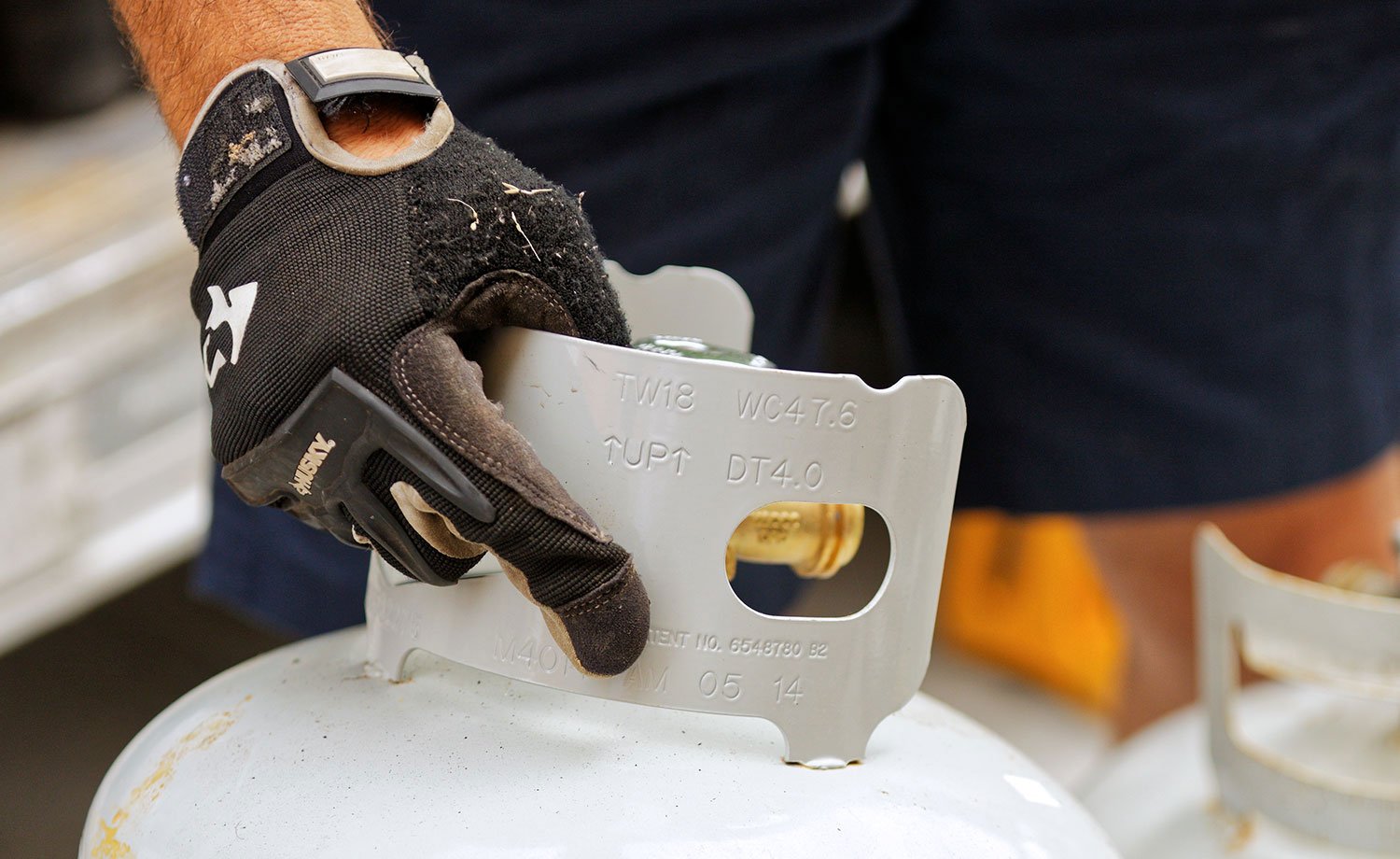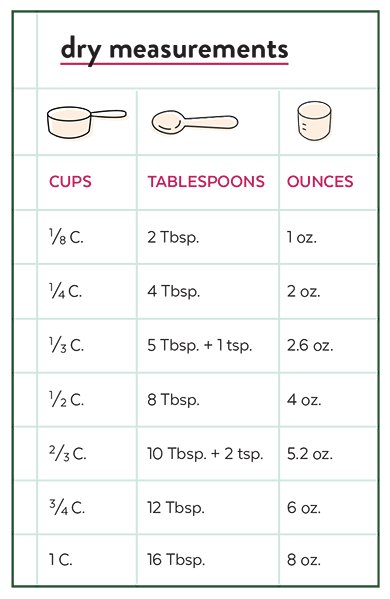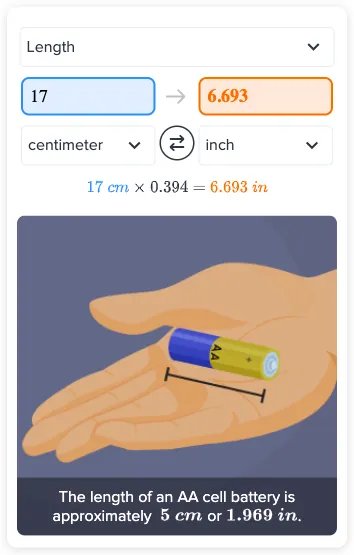Recertifying a propane tank typically costs between $30 to $60, depending on various factors. It’s vital to ensure your propane tank is safe and up to code for continued use. This process involves a thorough inspection to confirm the tank’s integrity and compliance with regulations. Understanding the costs involved in recertifying a propane tank can help you budget effectively and prioritize safety. Keep reading to discover more about how much it costs to recertify a propane tank.
How Much Does It Cost to Recertify a Propane Tank
Introduction
If you own a propane tank, you may be wondering about the cost to recertify it. Propane tanks are essential for storing and using propane gas for various purposes, from grilling to heating. However, these tanks need to be recertified periodically to ensure they are safe and in good working condition. In this article, we will explore the process of recertifying a propane tank and discuss the associated costs.
What is Propane Tank Recertification?
Before diving into the costs, let’s understand what recertifying a propane tank entails. Propane tanks have a lifespan, typically around 12 years. After this period, the tank needs to be recertified to ensure it is still safe to use. Recertification involves a thorough inspection of the tank’s condition, including checking for any signs of damage or corrosion. Additionally, the tank’s valves and fittings are examined to ensure they are functioning correctly.
Factors Affecting Recertification Costs
Several factors can influence the cost of recertifying a propane tank. The size of the tank is a significant factor, with larger tanks generally costing more to recertify than smaller ones. The tank’s condition also plays a role – if the tank requires repairs or maintenance, the overall cost will increase. Furthermore, the location and the service provider you choose can impact the recertification cost.
Tank Size
The size of the propane tank is a crucial factor in determining the recertification cost. Larger tanks, such as those used for residential heating or commercial purposes, require more extensive inspections and may incur higher fees compared to smaller tanks used for grilling or camping.
Tank Condition
The condition of the propane tank is another key factor in determining the recertification cost. If the tank shows signs of damage, such as dents, rust, or leaks, it may require repairs before it can be recertified. Repairing the tank can add to the overall cost of recertification.
Location and Service Provider
The cost of recertifying a propane tank can also vary based on your location and the service provider you choose. Urban areas with higher living costs may have higher service fees compared to rural areas. Additionally, different service providers may offer varying prices for recertification services, so it’s essential to compare quotes before making a decision.
Typical Costs for Recertifying a Propane Tank
The cost of recertifying a propane tank can range from $25 to $75 on average. This cost typically includes the inspection of the tank, testing for leaks, and ensuring the tank meets safety standards. However, as mentioned earlier, the final cost can vary based on several factors.
DIY Recertification
Some propane tank owners may consider recertifying their tanks themselves to save money. While it is possible to conduct a visual inspection of the tank, the actual recertification process requires specialized equipment and knowledge. Attempting to recertify a propane tank without the necessary expertise can be dangerous and is not recommended.
Professional Services
To ensure the safety and proper recertification of your propane tank, it is best to hire a professional service provider. Professional propane tank recertification services typically offer a comprehensive inspection and certification process to ensure your tank is safe to use.
In conclusion, the cost to recertify a propane tank can vary depending on factors such as the tank size, condition, location, and service provider. While the average cost ranges from $25 to $75, it’s essential to prioritize safety and hire a professional service for recertifying your propane tank. By understanding the recertification process and associated costs, you can ensure the continued safety and functionality of your propane tank.
LP Safety Series: Tank Re Qualification
Frequently Asked Questions
What factors contribute to the cost of recertifying a propane tank?
The cost of recertifying a propane tank can vary depending on factors such as the size of the tank, the specific requirements of the recertification process, and the location where the service is being carried out. Additional costs may also be incurred for any necessary repairs or upgrades to bring the tank up to code.
Can the cost of recertifying a propane tank vary based on its age or condition?
Yes, the cost of recertifying a propane tank may vary based on its age and condition. Older tanks or those in poor condition may require more extensive inspection and repairs, which can increase the overall cost of recertification. It is important to have a professional assess the tank to determine the necessary steps and associated costs.
Are there any additional fees involved in the recertification process of a propane tank?
Aside from the standard recertification costs, there may be additional fees involved in the process. These could include charges for transportation of the tank to and from the recertification facility, administrative fees, and any required environmental or safety inspections. It’s advisable to inquire about all potential fees upfront to avoid any surprises.
Final Thoughts
Recertifying a propane tank typically costs between $30 to $60, depending on the tank size and location. It is important to consider this expense when owning a propane tank for safety and compliance. Be sure to budget for this cost periodically to ensure your tank meets safety standards. Always consult with a certified professional for accurate recertification prices and procedures. How much does it cost to recertify a propane tank is a crucial question for propane tank owners, so staying informed is key to a safe and efficient propane system.









